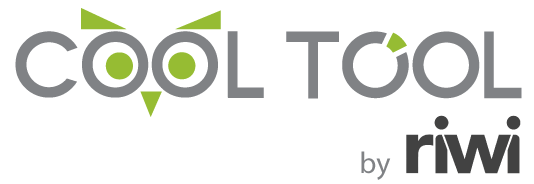The Challenge
In just a few years since 2014, Uzbekistan has made significant, rapid progress toward eliminating adult forced labor in the cotton harvest, following the elimination of systemic child labor organized by the previous government. Uzbek President Shavkat Mirziyoyev has made dismantling forced labor in the cotton sector, the centerpiece of his effort to modernize and reform Uzbekistan, making firm public commitments, enacting several vital reforms, and increasing accountability measures. The Uzbek Forum, an NGO dedicated to protecting human rights in Uzbekistan and the Solidarity Center, a U.S. based international worker rights organization, engaged RIWI to conduct a rapid assessment, measuring key indicators related to forced labor within Uzbekistan. The goal was to find evidence to either support or refute the official narrative of a dismantling or reduction of forced labor. It was also important to understand if there was a close link between the employer and who did the recruitment and the way laborers were treated in the recruitment process and the harvest itself.
The Solution
The Impact
Leveraging the harvest participation data from RIWI, the Solidarity Center and Uzbek Forum were able to gain a broader and richer understanding of the harvest conditions than could be derived by any individual means of assessment. The consistency of findings between the qualitative data, documentary evidence collected and the 20,000+ responses clearly indicated that government actors were still involved in mobilization of forced labor and suggested a strong correlation between the method of recruitment and various forms of labor exploitation, a valuable and critical insight for the organizations’ work in ending forced labor in Uzbek cotton production.
It can be very difficult in a country like Uzbekistan to get unbiased open answers about a highly sensitive topic like forced labor in the cotton harvest. The willingness of workers in the RIWI survey to talk openly about their experience allowed us to document the scale of forced labor in the Uzbek cotton harvest in ways we'd been unable to before. Abby McGill, Senior Program Officer, Europe and Central Asia
